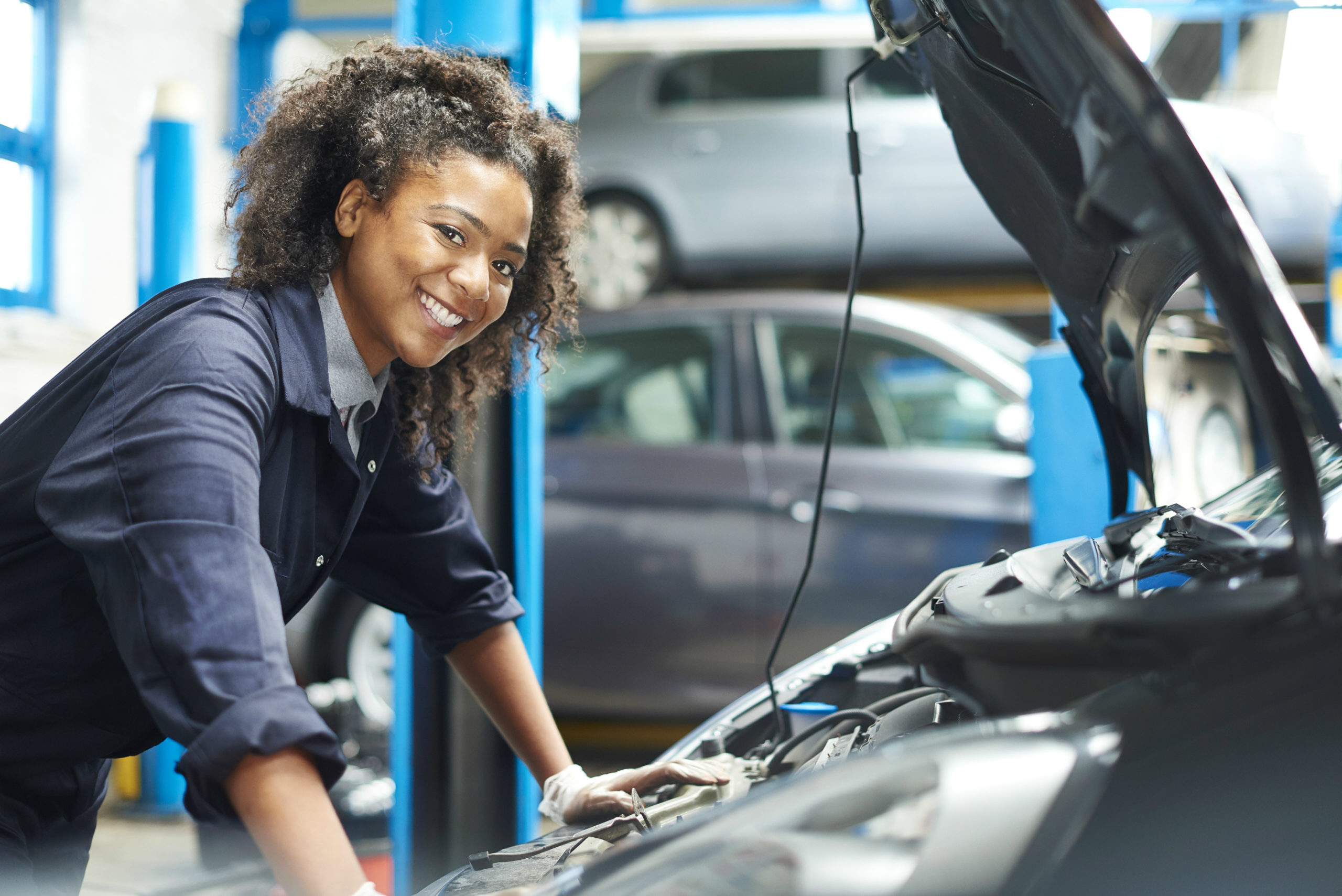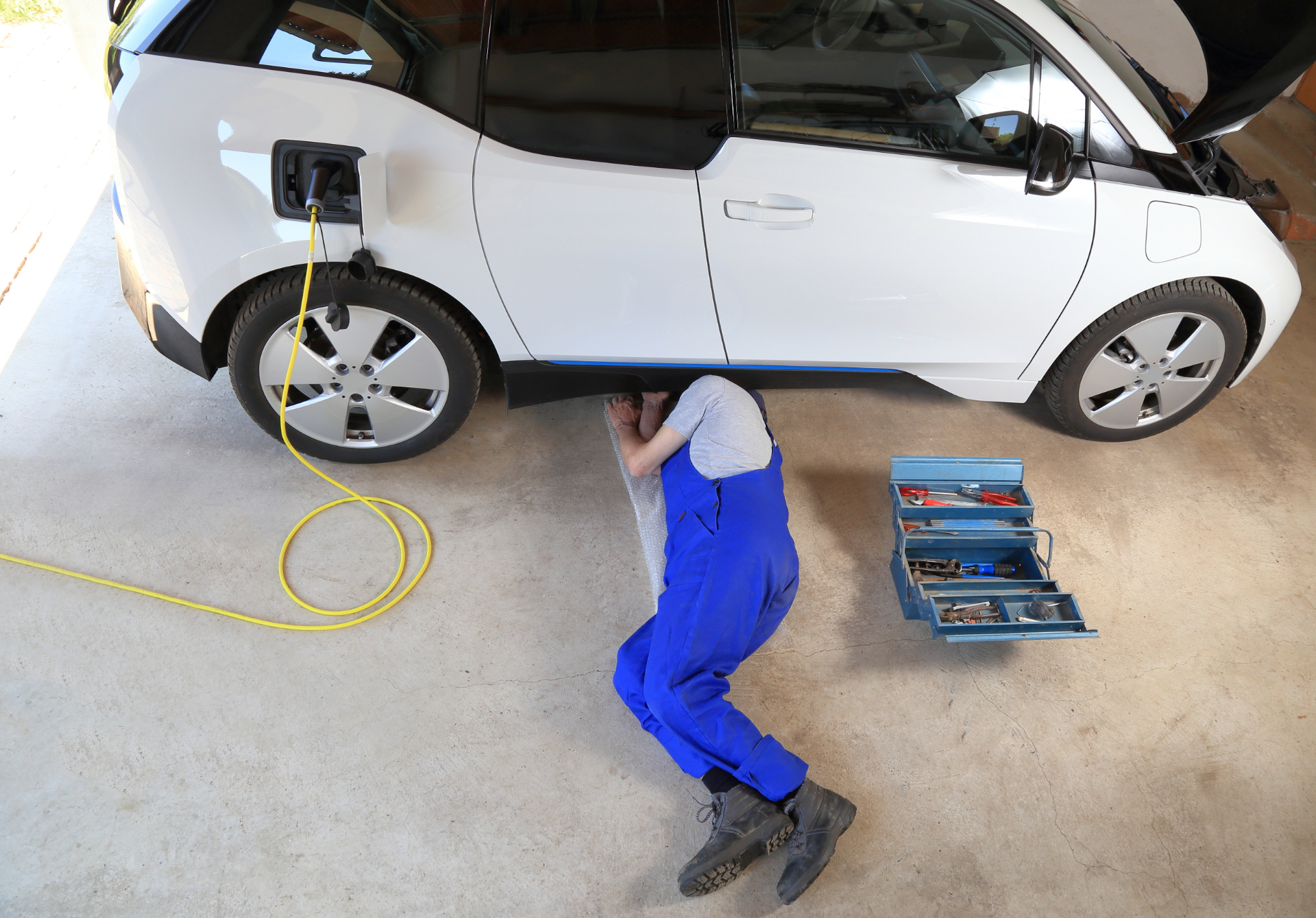In the last “Getting to Know” guide, we touched on test drives, to help to decide what car to buy. This week, it’s all about handovers, the last stage of the vehicle purchase process.
What is a vehicle handover?
A vehicle handover is often an exciting time when you get the keys to your car from the garage or dealership and drive it off the forecourt.
What happens during the vehicle handover?
 Before being given the keys to your new pride and joy, the sales representative will run you through all the paperwork and any agreements that go with the car and that will need to be signed. This will be a chance to also review any yet unseen documentation such as the service record or MOT certificate to ensure that you are fully aware of the vehicle’s mechanical condition, and explain any finance packages that you will be taking out. You will also be asked to settle the remaining balance (if the car is not on a plan), whilst you will also be handed your part of the original V5C logbook. The business will keep their section to sign and send off to the DVLA, and you should then receive a brand new hard copy logbook in your name through the post.
Before being given the keys to your new pride and joy, the sales representative will run you through all the paperwork and any agreements that go with the car and that will need to be signed. This will be a chance to also review any yet unseen documentation such as the service record or MOT certificate to ensure that you are fully aware of the vehicle’s mechanical condition, and explain any finance packages that you will be taking out. You will also be asked to settle the remaining balance (if the car is not on a plan), whilst you will also be handed your part of the original V5C logbook. The business will keep their section to sign and send off to the DVLA, and you should then receive a brand new hard copy logbook in your name through the post.
When completing the final paperwork, the business might also ask you to sign documentation to acknowledge that you have been informed of or wish to purchase any optional extras such as a Gap Insurance policy (it covers the shortfall between the amount you paid for your car versus the market value at the time you make a claim if it has been stolen or written off), or a paint, fabric and leather protection package.
Before taking collection of the vehicle, you may once again be shown the car’s main features and controls to refresh your memory so that you can drive the car away safely. This “tour” of the vehicle may also prompt further questions that you may not have previously thought of.
What should you take into consideration during a vehicle handover?
The following can be taken into account when collecting a new or used car:
- Has there been any damage to the vehicle (i.e is it in the same condition) since I last saw it? (the car may be given a courtesy valet prior to the handover);
- Is the locking wheel nut key, puncture repair kit / spare wheel present?
- Are all key fobs working?
- Before driving away, do you understand the car’s controls and is there a handbook in the glovebox for any necessary clarification?
- Does the car come with drive away / temporary insurance on collection of the car, and if so, how long does it last for?
- Is the car taxed? (it still need to be taxed even if you do not need to pay it)
- Is there breakdown cover with the car or do you need to arrange this separately?
- Is the car still under warranty, and if so, what is the remaining term and what does it cover?
- Do you have all the paperwork to go with the car and have you read through it all carefully (i.e. the final invoice, an HPI check, the stamped servicing record, the current MOT certificate, warranty and finance documents)?
- Does the existing V5C match the vehicle (if it’s a used car)?
- Have you been given a receipt for the purchase?
- How much fuel is in the tank (a full tank may not be provided if this was not pre-agreed during the purchase process) / is it fully charged (if electric)?
- Do you understand how to charge a car (if it is a plug-in vehicle or fully electric)?
- Does the business offer a servicing package?
What should I bring along to the vehicle handover?
There are a few items to take to the handover, which are as follows:
- A method of payment for the final balance (such as a debit / credit card or cheque), which is often the difference between the price of the car and the deposit that you may have paid to reserve the vehicle;
- A driver’s licence or passport to take out the finance agreement (if applicable);
- Any documentation that was previously provided to you for the purchase of the vehicle (e.g. the deposit receipt), and any proof of insurance if you are not opting for the business’ temporary cover;
- The V5 logbook, valid MOT certificate, user manual, service history and keys if you are part-exchanging your previous car; and
- A record of any questions that you have when collecting the vehicle.
Also, you may want to bring along another family member or friend who may also wish to familiarise themselves again with the car if they will be driving it?
Where can I find a business to buy a new or used car?
To find an independent garage or franchised car dealership which is accredited to The Motor Ombudsman’s Motor Industry Code of Practice for Vehicle Sales, visit The Motor Ombudsman’s Garage Finder at www.themotorombudsman.org/garage-finder.



